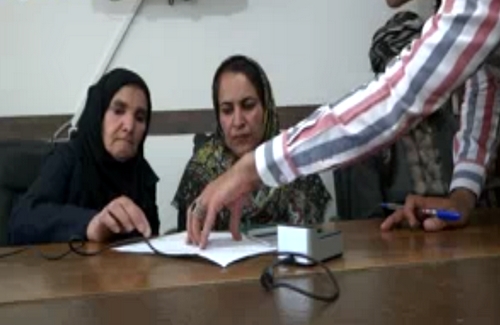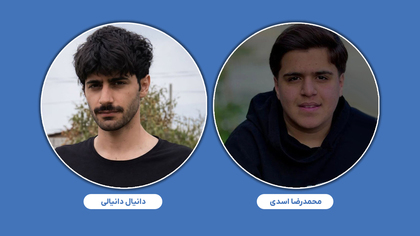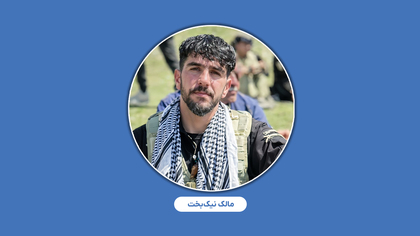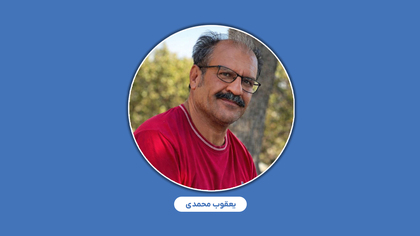A Kurdish prisoner was released from execution
13:58 - 24 May 2019

Kurdpa Agency: A Kurdish prisoner from the city of Marivan was released from death with the consent of avengers of blood.
According to a report by the Kurdistan Press Agency, on Monday, May 20th, the Samadi\'s family agreed to forgive the murderer of thier son named \"K. M\" after 11 years and he was saved from execution.
on 1387 (Hijri), Ezat Samadi, a 28-year-old boy, was killed in a personal fight with a knife by guy named \"K. M\".
Samadi\'s family, with the forgiveness of their child\'s murderer for the sake of internalizing the forgiveness and peace in society.
The highest number of executions in Iran belongs to drug trafficking crimes, but some of executions are based on the Qisas law, which in this case the private plaintiff declares the fate of the murderer.
The Qisas is considered in the law of the Islamic Republic of Iran for the purpose of the death penalty and its implementation is considered as the averagers of blood (the owner of the blood), but the averager can forgive it or give it up to the ruler.
In this case, the father or paternal grandfather will not be sentenced to retaliation if he kills his own son and only to pay the diyah (blood money) and ta\'zir.
According to a report by the Kurdistan Press Agency, on Monday, May 20th, the Samadi\'s family agreed to forgive the murderer of thier son named \"K. M\" after 11 years and he was saved from execution.
on 1387 (Hijri), Ezat Samadi, a 28-year-old boy, was killed in a personal fight with a knife by guy named \"K. M\".
Samadi\'s family, with the forgiveness of their child\'s murderer for the sake of internalizing the forgiveness and peace in society.
The highest number of executions in Iran belongs to drug trafficking crimes, but some of executions are based on the Qisas law, which in this case the private plaintiff declares the fate of the murderer.
The Qisas is considered in the law of the Islamic Republic of Iran for the purpose of the death penalty and its implementation is considered as the averagers of blood (the owner of the blood), but the averager can forgive it or give it up to the ruler.
In this case, the father or paternal grandfather will not be sentenced to retaliation if he kills his own son and only to pay the diyah (blood money) and ta\'zir.



